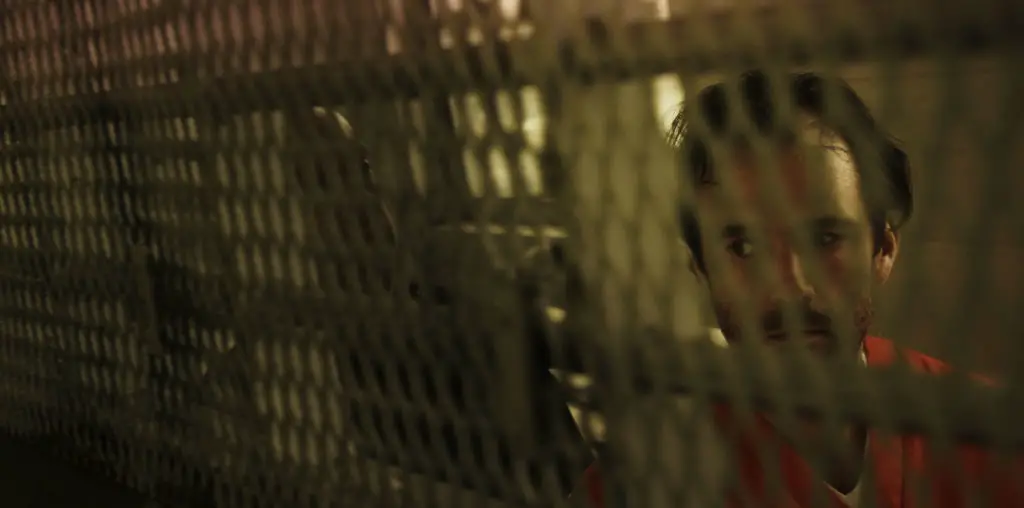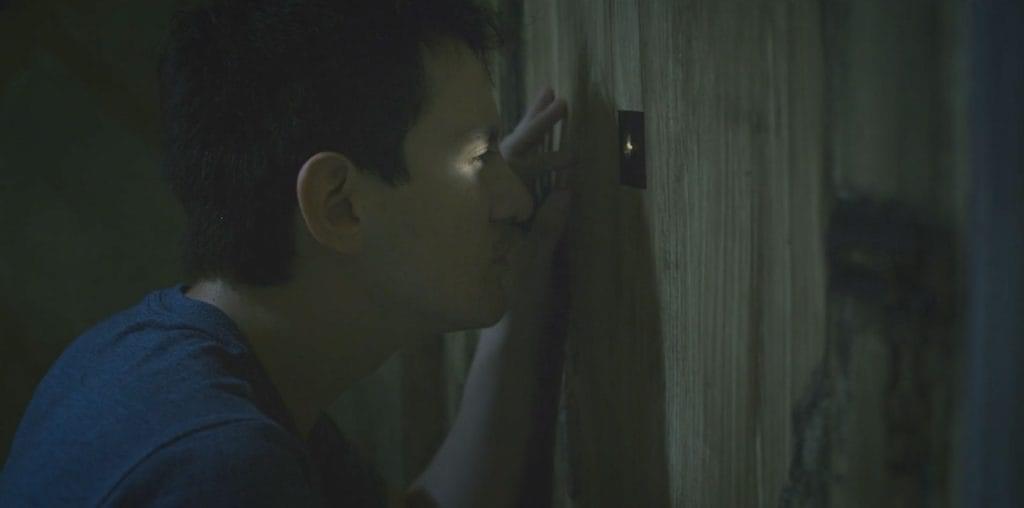
Woody Allen continues his film cycle with alternating good films and bad films. Thankfully, after the teeth-grinding of “Celebrity”, it’s time for a good one, and like his best work, it’s vaguely autobiographical.
Here, Allen sets out to tell the story of the legendary (and fictional) jazz guitarist, Emmet Ray. Set in the 1930’s, Ray (Sean Penn) is so brilliant that he’s acknowledged as the greatest, second only to French gypsy Django Reinhardt. Emmet so fears and idolizes him that he has fainted both times he has met the man.
While hailed as a genius, in his personal life, Ray is a monster. Sound familiar? Ray tends to treat all women like w****s, including the actual ones he pimps for. He’s a compulsive womanizer and kleptomaniac. His two favorite past-times are trainspotting and shooting rats at the dump. He drinks heavily and uses drugs. He shows up late for gigs, or not at all. Ray soon meets the love of his life, Hattie (Samantha Morton), a mute, slightly retarted laundress. He cheats on her constantly, leaves her, but keeps coming back. Don’t worry, come-uppance ensues.
It’s quite appropriate that Penn is in this role, and may well be the best Woody-surrogate ever (Kenneth Branagh being the worst). By now, Penn and Woody, both brilliant artists, have probably filled the same number of pages in the National Enquirer. Allen, who appears with others jazz experts to give color commentary on Ray’s legacy, has a couple of issues to explore. First, does great art justify an insufferable artist or his intolerable actions? With the controversy over Elia Kazan earlier this year and the Director’s Guild currently stripping D.W. Griffith’s name of their top honor, this is an important issue. Woody’s answer would seem to be that too often artists get away with bad behavior only because everyone lets them. Like a small, spoiled child with overindulgent parents, why be a better person when you’re never punished for anything?
The second issue explored is whether such behavior, and internalizing your pain and emotions, actually holds you back as an artist. Maybe the only thing holding Ray back is his denial of his own feelings and those of everyone around him. You may not be able to grow as an artist until you grow as a person.
On the plus side, with the exception of Uma Thurman and a cameo by director John Waters, Woody largely does away with the star cameos that are distracting at best and mar his films at their worst. Focusing on the story, the auteur explores his two favorite topics, jazz and s**t-heels, to enter the new millenium in style.

